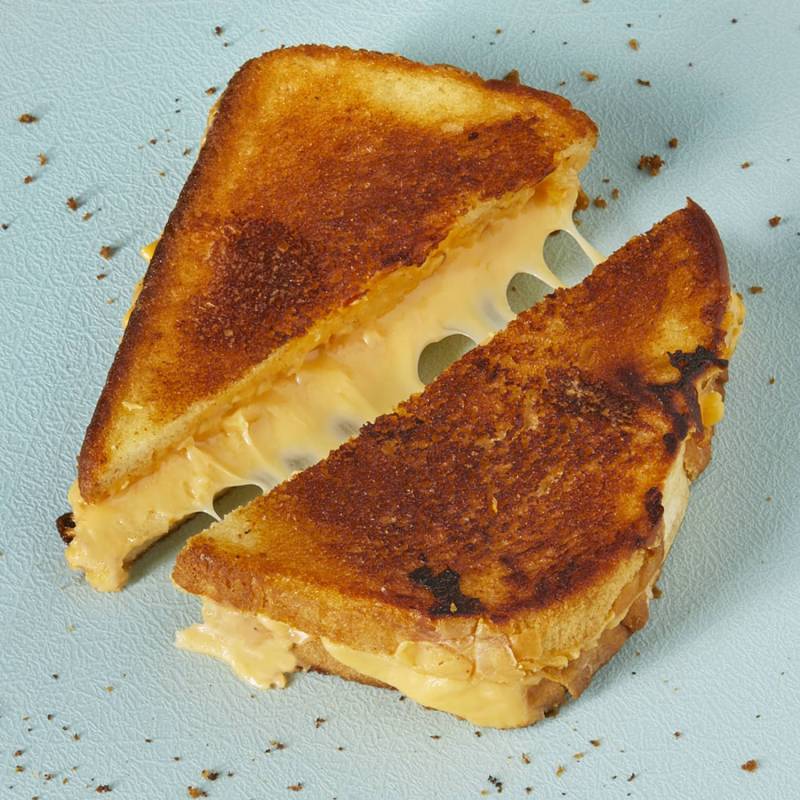Honey is one of the most remarkable natural substances known to humanity, and its ability to last indefinitely without spoiling is one of its most fascinating qualities. Found in the tombs of ancient Egyptian pharaohs, still perfectly edible after thousands of years, honey’s longevity continues to captivate scientists, nutritionists, and food lovers alike. But what exactly makes honey outlast virtually every other food on the planet? Honey’s legendary shelf life is no accident—it’s the result of a perfect combination of factors, including its composition, production process, and storage capabilities. First and foremost, honey is a sugar-rich substance. It's made up of roughly 80% natural sugars like glucose and fructose, which bind water molecules tightly. This low moisture content makes it extremely difficult for bacteria and other microorganisms to grow. Most spoilage in food occurs because of microbial growth, but honey is inhospitable to them.

Read Also: Uphorial Sweatshirt

Another reason honey endures is its natural acidity. With a pH that usually falls between 3.2 and 4.5, honey creates an environment that's too acidic for most bacteria, molds, or yeasts to survive. This level of acidity is uncommon in foods that contain such high sugar content, making honey unique among natural substances.
Adding to its preservative power is hydrogen peroxide. Yes, honey produces small amounts of hydrogen peroxide due to the enzymatic activity of glucose oxidase, an enzyme that bees add during the honey-making process. This acts as a natural antimicrobial agent, providing another layer of protection against spoilage. Bees themselves also contribute to honey’s longevity. When making honey, bees fan their wings to reduce moisture levels and seal it in wax combs, which further limits exposure to air and contaminants. The meticulous process ensures the honey is stable and can be stored for long periods without the need for refrigeration or artificial preservatives. Moreover, honey is hygroscopic, meaning it absorbs moisture from its surroundings. When stored in a sealed container, this trait helps keep it stable. However, if left uncovered in a humid environment, it can eventually ferment. That’s why it’s essential to store honey properly—in a tightly sealed container and away from direct sunlight or high humidity.
Honey’s stability isn’t just a marvel of nature; it has practical implications, too. In survival kits, honey is often recommended not just as a food source but also for its medicinal properties. Its antimicrobial and wound-healing properties make it useful in treating burns, cuts, and sore throats. It’s also a powerful antioxidant, helping to fight inflammation and support overall wellness. From an SEO standpoint, honey is frequently searched for topics like “long-lasting foods,” “natural preservatives,” “emergency food storage,” and “ancient remedies.” It also appears in trending searches related to healthy alternatives to sugar, making it a high-value keyword for health and wellness blogs, food sites, and natural living platforms.
In today’s world, where shelf life often comes with a tradeoff in the form of preservatives and artificial ingredients, honey stands out as a natural product that needs no chemical enhancements. It’s not just about taste or tradition—honey’s endurance is rooted in biology, chemistry, and the wisdom of bees. With the growing interest in clean eating and sustainability, honey's long shelf life and multifunctional use make it more relevant than ever. So next time you reach for a sweetener or wonder what foods you can stockpile without worrying about expiration dates, remember honey—the only food that truly lasts forever.



